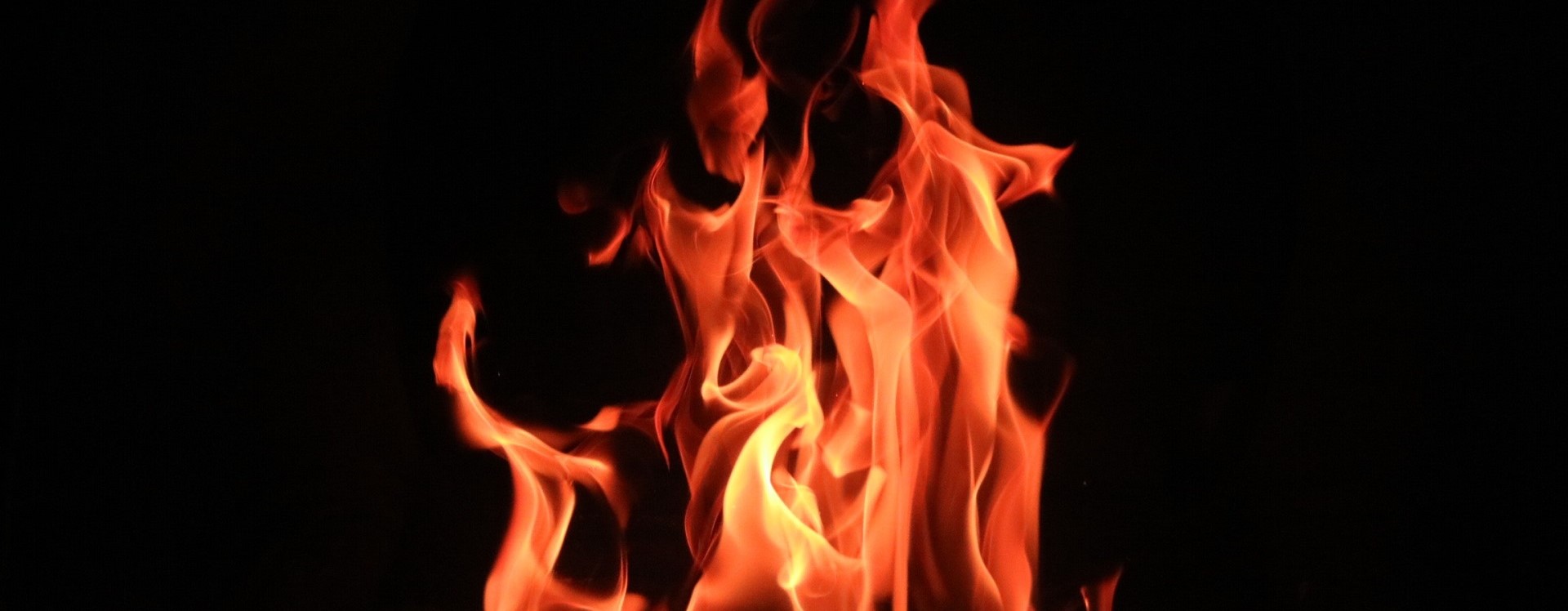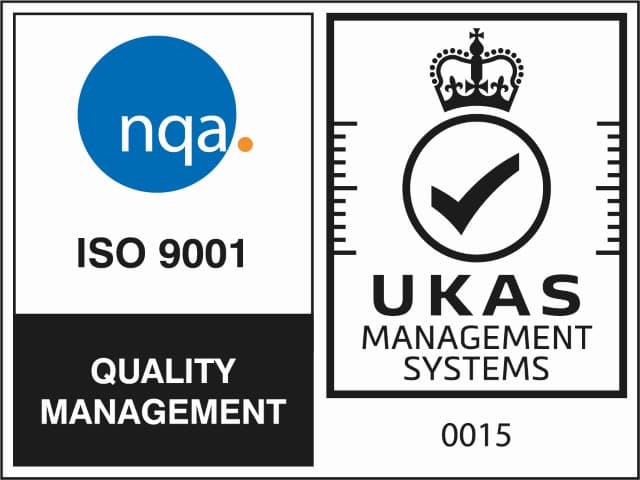There are 50,000 house fires in UK homes every year in which around 500 people die and 11,000 are injured. House fires devastate properties and lives, so it is incredibly important to be prepared.
-
Fire Alarm
Around 90 deaths a year are due to a lack of working smoke alarms and you are 4x more likely to die in a fire without a smoke alarm. Smoke alarms are cheap and easy to install and maintain so there really is no excuse not to fit a smoke alarm in your home as the vital warning they provide could save your life.
Ensure the fire alarm conforms with British safety standards BS 5446-1 and it should be ideally placed on the ceiling in the middle of the room. You should install at least one alarm on each level of your house in the hall or landing but for maximum protection you also need to install one in every room of your house where a fire can start, except the bathroom and kitchen in which a heat alarm is more suitable.
Test the alarm regularly using the test button to ensure the batteries are working properly. Clean the smoke alarm by vacuuming or wiping the alarm to remove dust that can interfere with the device. If the alarm makes an intermittent beeping noise this may indicate that the battery needs changing and should be replaced. However, if you choose an alarm with a 10-year or long-lasting sealed battery, the battery should only need to be replaced every 10 years.
-
Candles
Candles and decorative lights are a growing cause of fires with over 200 fires at home started due to candles in 2017. There are a few precautions that can be taken to minimise risk:
- Extinguish any candles before you leave the room and before going to bed.
- Avoid naked flames near materials that might catch fire such as curtains, furniture, clothes and hair.
- Make sure the candle is securely held in a heat-resistant holder on a stable surface.
- Always keep candles and matches out of reach of children.
-
Electrical Appliances
Electrical appliances cause over 20,000 fires each year and faulty electrics cause about 7,000 house fires every year. These are a few tips to protect your home from electrical fires:
- Don’t overload sockets as this can lead to the socket overheating and catching on fire.
- Don’t leave electrical appliances on overnight and switch off and unplug when not in use to reduce risk.
- Check regularly for frayed, worn, or detached cables and wires, hot plugs, and scorch marks on sockets as these all indicate defective appliances and should be replaced.
- Check all new appliances for the British or European safety mark before purchasing.
- Always check that you are using the correct fuse so that the cable doesn’t overload or overheat.
- Don’t leave devices charging for long periods of time as they can spark, overheat, and catch fire.
- Never use water on an electrical fire.
- Regularly get your appliances serviced and tested by a qualified electrician to assess their safety, particularly every 10 years and when you move into a new home.
- Keep all appliances clean and in good working order.
-
Kitchen
Two-thirds of domestic fires are due to cooking and the kitchen is the most dangerous room for fires in the home. Here’s how to cook safely:
- Make sure cookers and hobs are fully switched off when not in use.
- Take pans off the heat when you are not in the kitchen and never leave pans unattended.
- Keep the oven, hob, and grill clean as fat and grease can trigger a fire.
- Avoid wearing loose clothing that could catch fire.
- Don’t cook under the influence of alcohol.
- Don’t leave children unsupervised in the kitchen.
- Take extra care with hot oil and fat as they are extra flammable.
- Make sure pan handles do not stick out so that they do not get knocked off the stove.
- Keep tea towels away from the cooker as they can catch on fire.
- Don’t put anything metal in the microwave.
- Make sure toasters are clean and away from curtains.
- A fire blanket can contain and extinguish a smaller kitchen fire before it worsens.
-
Escape Route
Planning an escape route is vital as it determines how you and your family will get out of the house in case of fire. The best escape is the normal way out of your home but you also need to establish a second route of escape in case the first route is blocked.
Preparation is key, so make sure everyone knows exactly what the escape route is and draw a map and practise your route. Think of any difficulties that you encounter, for example you may need a torch. Once you know your escape route, make sure the exit is kept clear and unobstructed at all times and everyone knows where any keys to windows and doors are kept in order to escape. Once you are out of the house, call 999 and never go back into the property until you are told it is safe to do so by the fire service.
If you are unable to escape via your planned escape route, you need to determine a safe place to take refuge in. You should choose a room with a window that you could escape out of, block gaps under doors with towels, clothes, and blankets, and then call 999 from that room.
Improve Your Home’s Fire Safety
Follow these tips to improve fire safety at home to prevent the devastation of properties and lives caused by fire. Taking these few simple precautions and preparing your property for fire can be the difference between life and death. For more information on how you can prepare your property for fire read our fire safety advice or get in touch with us today.











